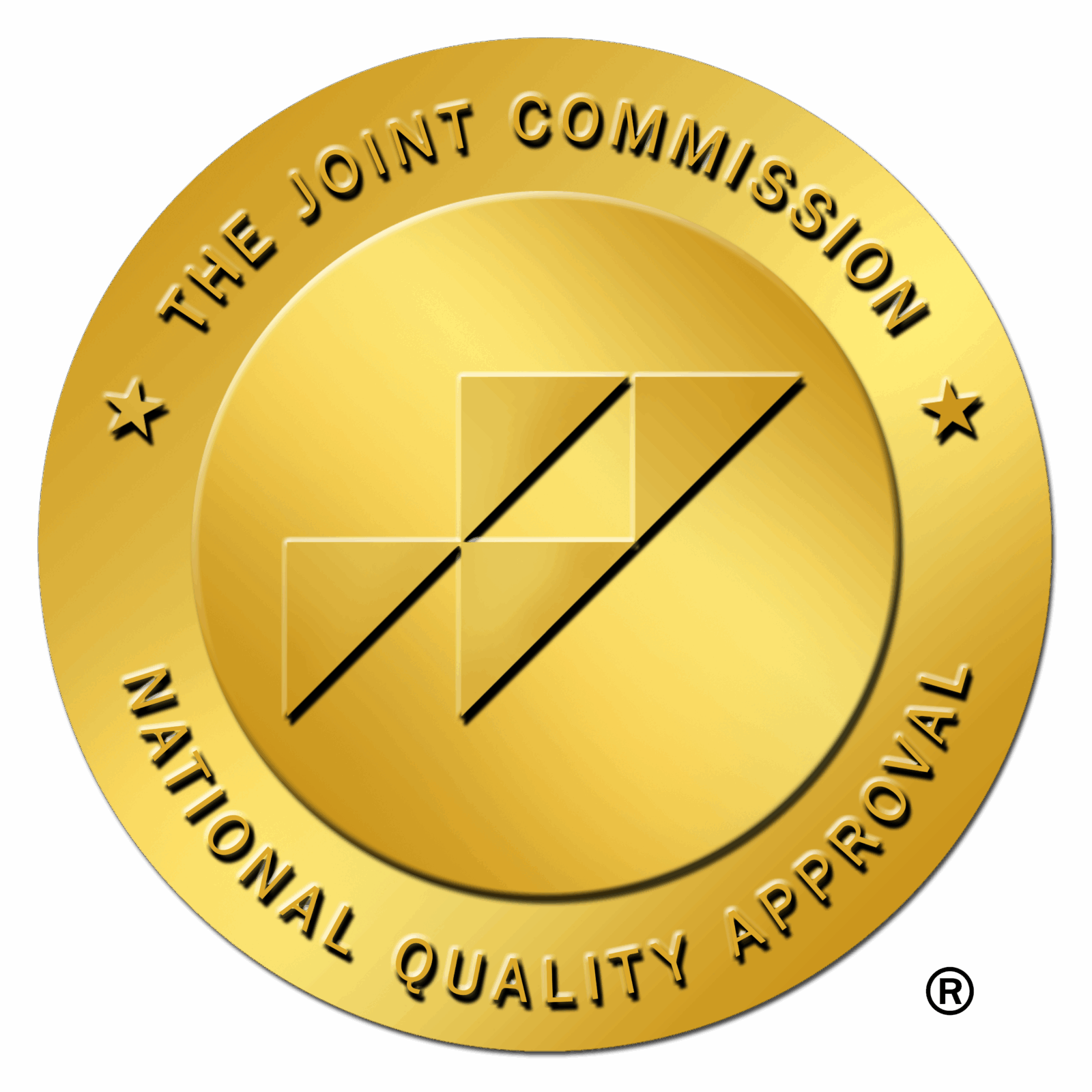OKCIC promotes National Stalking Awareness Month.
OKLAHOMA CITY – Oklahoma City Indian Clinic (OKCIC), a 501(c)(3) nonprofit clinic providing health and wellness services to American Indians in central Oklahoma, wants to promote safety planning and resources for victims of stalking.
National Stalking Awareness Month is observed every January to bring awareness to the dangers of stalking and promote safety strategies to those in need. Stalking is defined as a pattern of behavior directed at a specific person that would cause a reasonable person to fear for their safety or the safety of others; or suffer substantial emotional distress. Some of a stalker’s behaviors may not be illegal, like sending expensive gifts, but stalking is a crime in all 50 states.
“It’s common for stalking victims to experience higher rates of depression, anxiety and insomnia,” said Kim Farris, OKCIC’s Director of Behavioral Health. “Many stalking victims fear it will never stop.”
Stalkers use many tactics, including unwanted phone calls and texts, showing up in places where the victim doesn’t want them to, following the victim, or using technology to monitor, track or spy on the victim. All of these tactics are capable of inflicting emotional distress and causing a reasonable person to fear for their safety.
Sometimes people are stalked by strangers, but the majority of stalking cases involve an acquaintance or intimate partner. Stalking often occurs alongside intimate partner violence, and may point to other forms of violence in a relationship. According to the Stalking Prevention, Awareness, & Resource Center, stalking increases the risk of intimate partner homicide by three times.
“Stalkers are dangerous and unpredictable,” Farris said. “It’s crucial to implement safety strategies and reach out for help from a professional.”
Victims are not responsible for what a stalker may do, but safety planning can keep victims and their loved ones safe. Some general safety strategies include:
- Trusting your instincts: Friends and family may tell you to ignore the stalker, but stalking poses a real threat of harm. Prioritize your safety.
- Keeping a log of their behavior: Include the date, time, what happened and the names and contact information for any witnesses. Save any attempts to contact you digitally. Documentation is important for holding the stalker accountable.
- Notifying the police: If you feel you are in immediate danger, call the police and explain why the stalker’s actions are causing you fear, even if they seem harmless.
- Varying your daily routine: Change your routes to and from work/school, the grocery store and other places you regularly go.
- Seeking a protective order: Oklahoma residents can find information about protective orders at oklaw.org/resource/protective-orders
Although victims can create a safety plan on their own, it is usually helpful to work with a trained professional. Call Victim Connect at 855-4-VICTIM to locate someone trained in safety planning in your area. If you are in immediate danger, please call 911.
Many victims of stalking talk to friends or family members for support before seeking any professional or legal help. If someone comes to you for help, you can make a difference:
- Believe them: Don’t question or minimize what they tell you. Acknowledge that they are experiencing something scary or upsetting.
- Focus on the stalker’s actions, not the victim’s responses: Remind victims that it is not their fault. Don’t ask questions such as “Why did you answer that phone call?”
- Encourage them to seek help and document the stalking: Help them think through options, but keep in mind that they may not be ready to take action. Respect their choices.
- Respect their privacy: Do not share information about the victim with the stalker. Ask the victim who they have told, and respect their wishes about sharing this information.
Stalkers are dangerous, but safety planning and support from loved ones can help victims stay safe.
About Oklahoma City Indian Clinic
Oklahoma City Indian Clinic was established in 1974 to provide excellent health care and wellness services to American Indians in central Oklahoma. The clinic staff cares for nearly 23,000 patients from over 200 federally recognized tribes every year. American Indians can receive a range of services, including medical, dental, pediatrics, prenatal, pharmacy, optometry, physical fitness, nutrition, family programs and behavioral health services. For more information, please call (405) 948-4900 or visit www.okcic.com.

